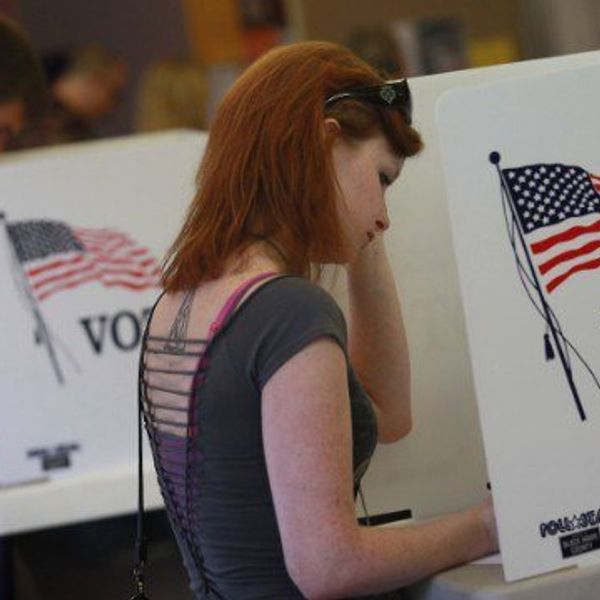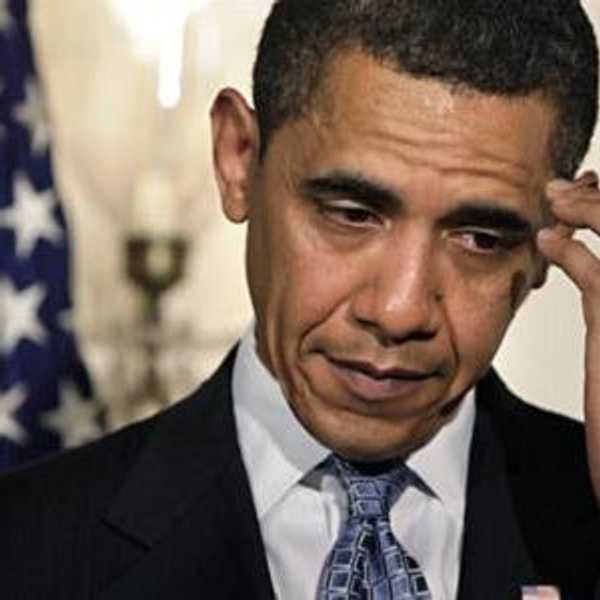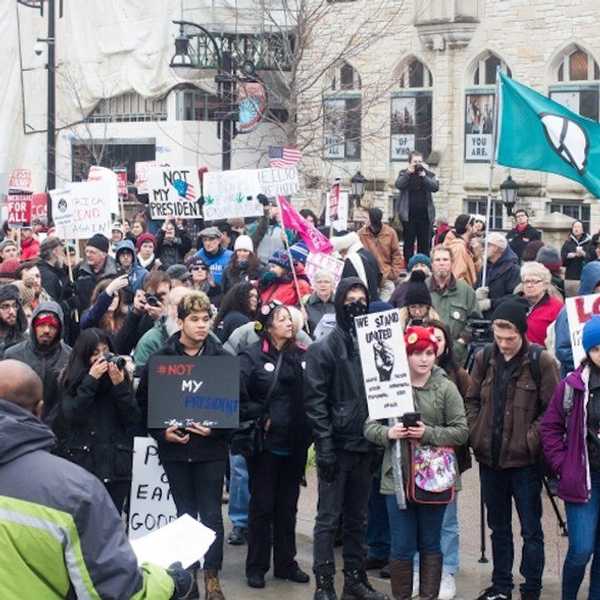November 8th is just around the corner. This means strife is high, and morale is low. I think it's safe to say that no matter who you're voting for, you dread the outcome of this election. Never in American history has a presidential race generated so much fury and animosity as it has in 2016.
I was inspired to write this article after a recent conversation I had with a peer that shocked me. My classmate told me that they discouraged open-mindedness within the political discussion because they had already selected their views. It was then that I discovered that the biggest danger within the scope of political discussion is...discussion!
Merriam-Webster dictionary defines discussion as "conversation for the purpose of understanding or debating a question or subject." I encourage you to think back on the most recent political conversation that you had, preferably with someone of a different view than what you hold. What adjectives would you use to describe that conversation? Was it genial or tense? Was it calm and contained, or fueled by anger? The nature of your conversations (and mine as well) probably indicate that we fall in line with this theory:
We engage in the political discussion for the sole purpose of voicing our views and opinions. We rarely sit down in an attempt to learn something from somebody else, or open our minds to their point of view.
I heard a quote for the first time last week that I found very valuable. American writer J.P. McEvoy once said, "When you talk, you are only repeating what you already know- but if you listen, you may learn something." It sounds like common sense, but how many of us really keep this in mind when we enter a political discussion with someone?
Too often, our intention is to persuade instead of to allow ourselves the potential of being persuaded. From my conversation with my classmate, I learned that they have only the desire to convince someone else of their view, without opening themselves to the possibility of having their own minds changed. THIS is how we breed ignorance. We shut ourselves into our own anti-growth bubble and refuse to allow it to be penetrated by opposing opinions. Here's how I think we should start looking at it:
If your political views are as solid as you claim they are, why can't you challenge them? If they truly are right, why wouldn't they stand the test of logical debate? Why should you expect that someone else could have their mind changed by your words, if you aren't willing to make yourself just as vulnerable?
The qualities of a meaningful political discussion involve understanding where another person is coming from, challenging them to understand your position, and allowing yourself to honestly consider what the logic of theirs might be. When we stick so stubbornly to what we believe, we have no way of knowing it is actually sound. We don't have all the facts.
Logical, even-minded conversation is essential, whether you lean left, right, up, down, or somewhere to the side. Especially as we begin the process of electing our newest president, keep in mind this cold, hard fact: You could be wrong.
But do you want to find that out before, or after the election?





















